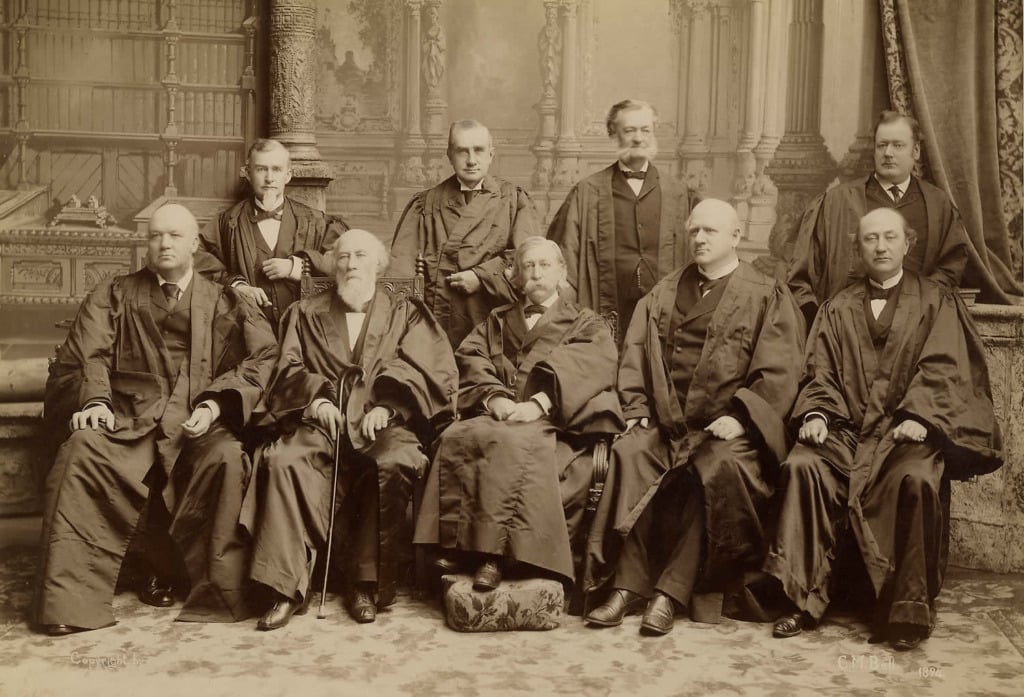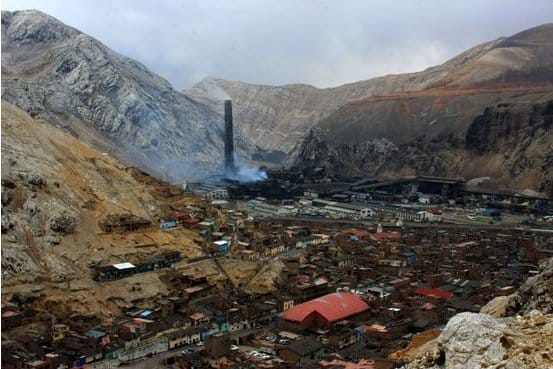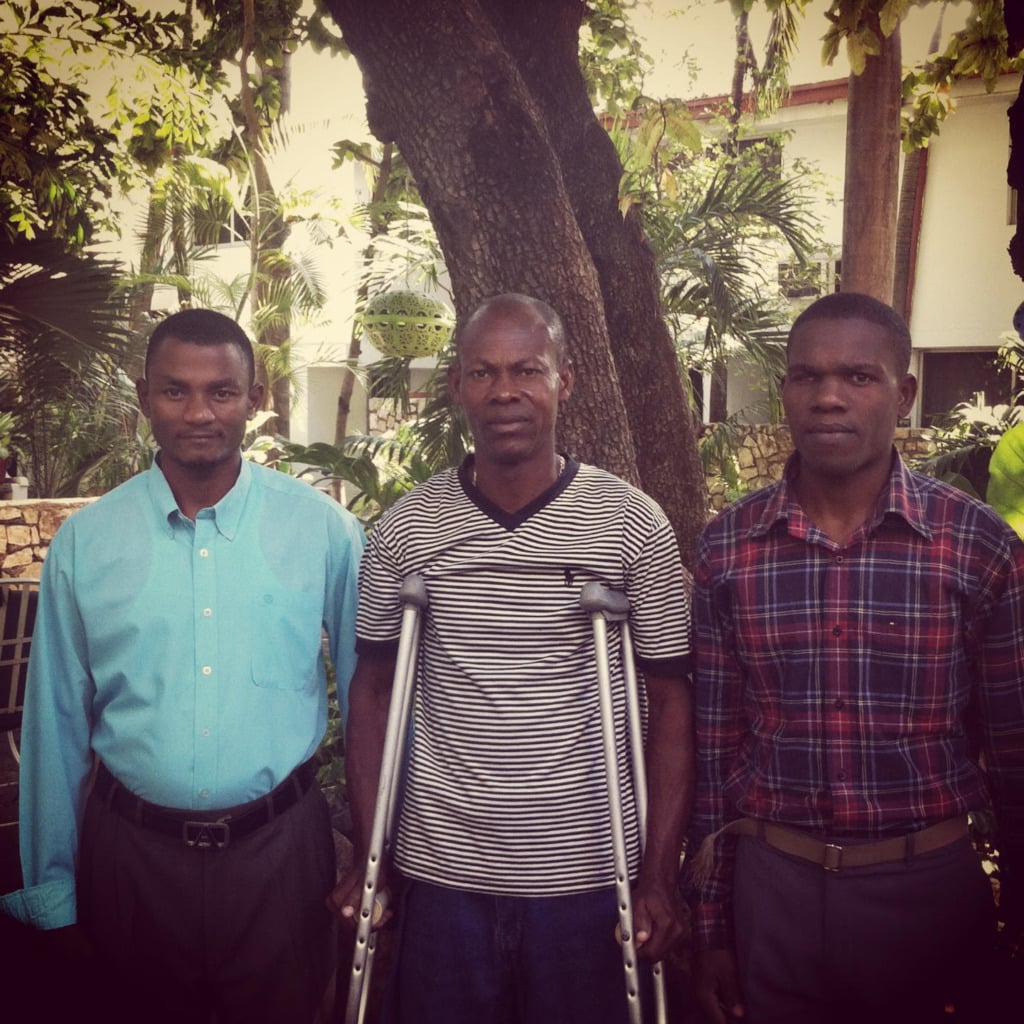SDNY Grants Anti-Suit Injunction Against TV Azteca
For the past several years, parallel litigation has been ongoing in Mexico and the United States between the Mexican media conglomerate TV Azteca, S.A.B. de C.V. and The Bank of New York Mellon (BNY), the Indenture Trustee for a series of TV Azteca’s unsecured notes. Two weeks ago, Judge Paul G. Gardephe (SDNY) granted BNY’s…
Continue ReadingMaximum Comity: Recognition of Foreign Proceedings Under the Bankruptcy Code
Chapter 15 of the U.S. Bankruptcy Code governs cross-border insolvency proceedings. It establishes a comity-based framework within which U.S. courts may recognize certain foreign insolvency proceedings and enforce orders issued in those proceedings. Like other U.S. law on the recognition of foreign proceedings, it includes a public policy exception. This post provides a brief overview…
Continue ReadingThrowback Thursday: Hilton v. Guyot
One hundred and thirty years ago this week, on June 3, 1895, the Supreme Court decided Hilton v. Guyot. Hilton is the seminal decision on recognizing and enforcing foreign judgments in U.S. courts. Although the federal common law rule that Hilton announced has been superseded by state law, Hilton continues to influence state rules in…
Continue ReadingDoe Run Defendants Seek Cert for Foreign Relations Abstention
A pending cert petition in Doe Run Resources v. Reid asks the Supreme Court to dismiss tort claims brought by foreign plaintiffs against a U.S. company, its subsidiaries, and various corporate officers based on foreign relations abstention. The Peruvian plaintiffs allege they were seriously harmed as children by toxic substances, including toxic levels of lead,…
Continue ReadingAll I Want for Christmas (from the Federal Courts)
Rounding out this week’s posts by John Coyle and Bill Dodge, here’s my wish list for the lower federal courts (plus a bonus plea to the Supreme Court). Stop Violating Rule 4(f) and the Hague Service Convention Rule 4(f) of the Federal Rules of Civil Procedure authorizes service of process on defendants “at a place…
Continue ReadingDOJ Argues Against Turnover of Argentina’s Assets
On November 6, 2024, the U.S. Attorney for the Southern District of New York sent a letter to Judge Loretta A. Preska arguing against turnover of Argentina’s interests in YPF S.A., a state-owned energy company, to satisfy a breach of contract judgment. The $16.1 billion judgment in Petersen Energia Inversora, S.A.U. v. Argentine Republic arose…
Continue ReadingComity and Kleptocrats
To succeed in their trade, thieves need a place to stash their ill-gotten gains. Should the United States become a safe haven for international financial wrongdoing, shielding the proceeds of misdeeds whenever the thief brings corrupt government officials into the plot? Zhakiyanov v. Ogai, a recent decision of the Supreme Court of New York, indicates…
Continue ReadingConstitutionality of TVPA Challenged in First Circuit
As previously reported at TLB, a Massachusetts jury last year awarded $15.5 million in damages against Jean Morose Viliena for torture and extrajudicial killing under the Torture Victim Protection Act (TVPA). Viliena was mayor of a town in Haiti where the three plaintiffs lived. The jury found him responsible for murdering the brother of one…
Continue ReadingEighth Circuit Rejects Argument for Foreign-Policy Abstention
On August 1, 2024, the Eighth Circuit issued its decision in Reid v. Doe Run Resources Corp., rejecting defendants’ argument that the case should be dismissed based on international comity. As Maggie Gardner has explained in greater detail here and here, the plaintiffs in Reid are more than 1,400 Peruvian citizens who suffered harm as…
Continue Reading






